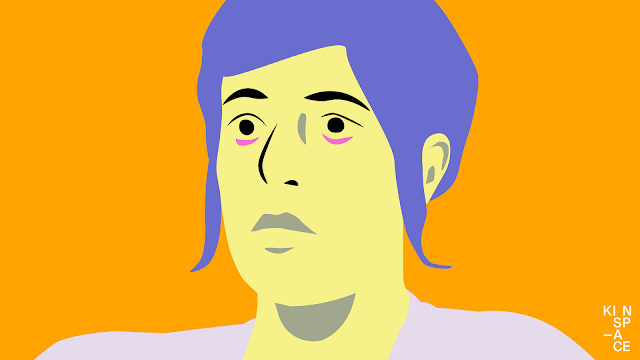Becoming reflexive; interrupting our own privilege, power, and bias
Building cultures of trust starts with self-reflection.
Inequity, exclusion, and other forms of unresolved conflict damage workplace culture and relationships.
Because of this, we can each play a role in transforming systems and cultures. We must first reflect on our own attitudes, beliefs, habits, practices, and ways of working. It’s what sharpens our reflexes.
This requires a shift in thinking. Instead of asking ‘how can I fix this problem?’, we ask:
How might I be contributing to this problem?
Exploring power and relationships
We can better understand how power dynamics play out with reflexivity. In practice, it helps us recognise and interrupt our own privilege, power, and bias.
Power dynamics aren’t bad, they just are… and they exist in every interaction. They’re a part of every relationship, including romantic partners, family members, colleagues, and within communities. And we all contribute to them.
A great place to start is to recognise and interrupt our default people.
Think of a person – who do you picture?
How would you describe this person — what do they look like?
If we introduce the context of your workplace — you’ve just heard a new CEO has been appointed — who do you picture?
How about new office administrator, programming graduate or HR business partner?
Might your default person be an indigenous woman? A woman of colour from a culturally diverse background? Or an LGBTQIA+ person from a culturally diverse background with a disability?
Intersectionality; a different lens
US feminist legal scholar – Kimberlé Crenshaw argues we can’t separate out our identities neatly into categories.
It’s not simply that there’s a race problem here, or a gender problem there, or a class, or LGBTIQ+ problem. Because people don’t live their lives like that. Instead, our identities are all interconnected.
Crenshaw defines Intersectionality as a lens through which you can see where multiple forms of inequality. One that sees compounding disadvantages and unbalanced power creating obstacles for people, especially those most marginalised.
Identify who holds power within an interaction or relationship across intersecting identities, and you’ll better see how power impacts someone’s disadvantage.
We can’t change outcomes until we understand how they come about.
Kimberlé Crenshaw
This means, prepare to strengthen your reflexes. Get curious, ask genuine and appreciative questions. From here, you can learn about a person’s experience and perspective.
Recap
Recognising our unconscious bias:
- Unconscious bias is a set of mental shortcuts we all use to make quick decisions and detect threats.
- We must reflect on our own attitudes, beliefs, habits, practices and ways of working to build inclusive workplace cultures and trusted relationships.
- Let go of our need to solve problems and reframe the question: How might I be contributing to this problem?
- Use an intersectional lens: When we identify who holds power within an interaction, we can better see how power impacts someone’s disadvantage.



Comments
Post a Comment